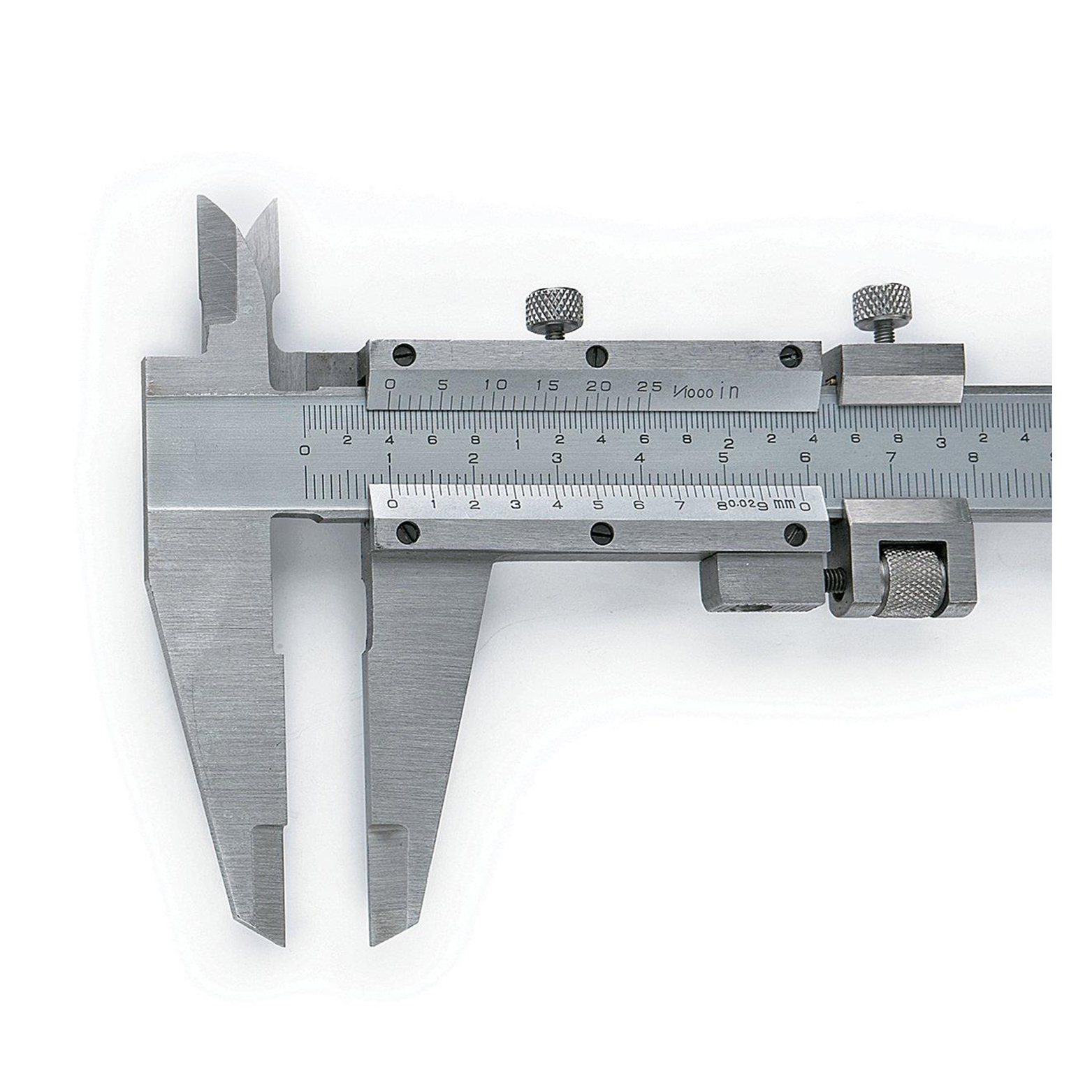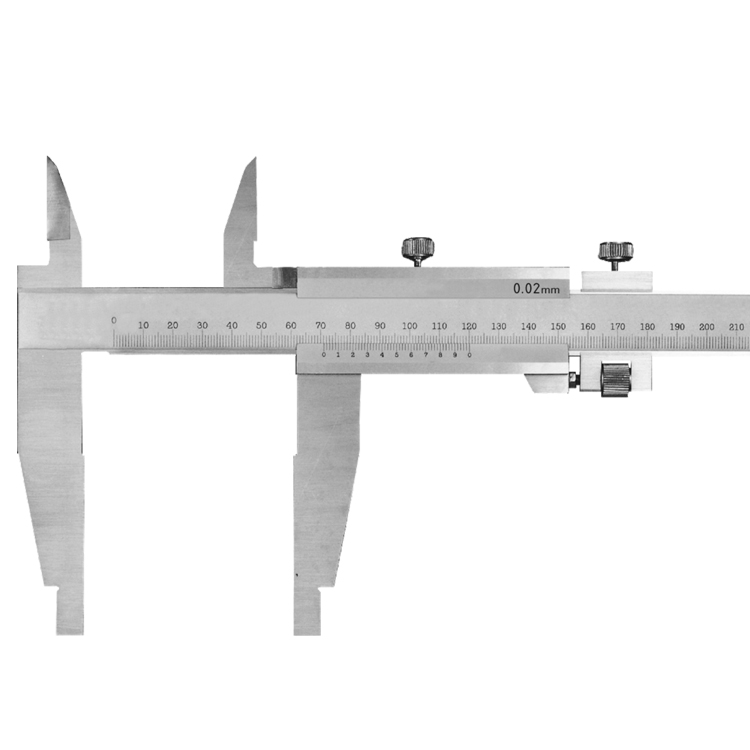Hex Die Manufacturer
Looking for a reliable hex die manufacturer? This comprehensive guide explores the key factors to consider when selecting a supplier, including material selection, manufacturing processes, quality control, and customization options. Discover how to find a manufacturer that meets your specific requirements and ensures consistent, high-quality hex dies for your applications.
Understanding Hex Dies: A Comprehensive Overview
Hex dies are essential tools used in various industries for forming hexagonal shapes on fasteners, fittings, and other components. They are critical in cold heading, screw making, and nut forming processes. The precision and durability of a hex die directly impact the quality and consistency of the finished product.
What is a Hex Die?
A hex die is a specialized tool with a hexagonal cavity designed to shape metal into a hexagonal profile. These dies are typically made from hardened steel or carbide to withstand the high pressures and stresses involved in forming processes. They are used in conjunction with presses and other machinery to create accurately sized and shaped hexagonal forms.
Types of Hex Dies
Several types of hex dies cater to different applications and manufacturing requirements. Here are a few common types:
- Solid Hex Dies: These are one-piece dies used for basic hexagonal forming.
- Segmented Hex Dies: Designed for more complex shapes and features, these dies consist of multiple segments that can be adjusted or replaced individually.
- Adjustable Hex Dies: These dies allow for fine-tuning of the hexagonal size, offering greater flexibility and precision.
- Carbide Hex Dies: These dies have carbide inserts to increase wear resistance and lifetime, making them suitable for forming abrasive materials or high volume manufacturing.
Key Factors to Consider When Choosing a Hex Die Manufacturer
Selecting the right hex die manufacturer is crucial for ensuring the quality, consistency, and performance of your forming operations. Consider these factors during your selection process:
Material Selection
The material used in the hex die significantly affects its durability and performance. Common materials include tool steel (such as D2, M2, or A2) and tungsten carbide. Carbide dies offer superior wear resistance and are ideal for high-volume production or working with abrasive materials.
Manufacturing Processes
Reputable manufacturers employ advanced manufacturing processes, such as CNC machining, wire EDM (Electrical Discharge Machining), and precision grinding, to ensure dimensional accuracy and surface finish. These processes are essential for creating dies that meet tight tolerances and perform reliably.
Quality Control
A robust quality control system is vital. Look for manufacturers who conduct thorough inspections at each stage of the manufacturing process, from material sourcing to final inspection. Certifications like ISO 9001 indicate a commitment to quality management.
Customization Options
Many applications require custom hex dies tailored to specific dimensions, shapes, or materials. Choose a manufacturer that offers comprehensive customization options and can work closely with you to design and produce dies that meet your exact needs. Wayleading Tools provides excellent customization service for hex dies.
Experience and Expertise
Partner with a manufacturer with a proven track record and extensive experience in producing hex dies. Their expertise will ensure that your dies are manufactured to the highest standards and perform optimally in your application.
Finding the Right Hex Die Manufacturer: A Step-by-Step Guide
Finding a suitable hex die manufacturer can be simplified by following a structured approach. Here's a step-by-step guide to help you through the process:
- Define Your Requirements: Clearly outline your specific requirements, including the size and shape of the hexagonal form, the material to be formed, and the expected production volume.
- Research Potential Manufacturers: Conduct thorough research online to identify potential manufacturers. Look for companies with a strong reputation, positive customer reviews, and relevant experience.
- Request Quotes: Contact several manufacturers and request quotes for your project. Be sure to provide them with detailed specifications and drawings.
- Evaluate Proposals: Carefully evaluate the proposals you receive, considering factors such as price, lead time, quality control processes, and customization options.
- Visit the Manufacturing Facility (if possible): If possible, visit the manufacturer's facility to assess their capabilities and meet their team.
- Choose a Manufacturer and Place Your Order: Once you have carefully evaluated your options, choose a manufacturer that meets your requirements and place your order.
Common Applications of Hex Dies
Hex dies are used extensively across various industries. Here are some common applications:
- Fastener Manufacturing: Creating hexagonal heads on bolts, screws, and other fasteners.
- Automotive Industry: Forming hexagonal components for engines, transmissions, and chassis.
- Aerospace Industry: Producing high-precision hexagonal fittings and fasteners for aircraft.
- Construction Industry: Manufacturing hexagonal nuts, bolts, and anchors for building structures.
- Electronics Industry: Forming hexagonal connectors and components for electronic devices.
Cost Considerations for Hex Dies
The cost of a hex die can vary depending on several factors. Understanding these factors can help you budget effectively and make informed decisions:
- Material: Carbide dies are generally more expensive than tool steel dies due to the higher cost of the material.
- Size and Complexity: Larger and more complex dies typically cost more to manufacture.
- Customization: Custom dies that require special design or features will be more expensive than standard dies.
- Production Volume: Ordering in larger quantities can often result in lower per-unit costs.
Comparing Different Hex Die Materials
The choice of material impacts the lifespan and performance of the hex die. Here's a comparison of common materials:
| Material | Hardness (HRC) | Wear Resistance | Cost | Typical Application |
|---|---|---|---|---|
| Tool Steel (D2) | Good | Moderate | General-purpose forming | |
| Tool Steel (M2) | 60-65 | Better | Moderate | High-speed forming |
| Tungsten Carbide | 70-90 (Rockwell A) | Excellent | High | High-volume, abrasive materials |
*Data parameters are from general industry knowledge.
Maintaining Your Hex Dies for Longevity
Proper maintenance is crucial for extending the lifespan of your hex dies. Regular cleaning, lubrication, and inspection can help prevent damage and ensure optimal performance. Consider these maintenance practices:
- Cleaning: Clean the dies regularly to remove debris and contaminants.
- Lubrication: Apply appropriate lubricants to reduce friction and wear.
- Inspection: Inspect the dies for signs of wear or damage, such as cracks or chips.
- Sharpening: Sharpen the dies as needed to maintain their cutting edges.
- Storage: Store the dies in a clean, dry environment to prevent corrosion.
Conclusion
Choosing the right hex die manufacturer is a critical decision that can significantly impact the quality and efficiency of your forming operations. By considering the factors outlined in this guide, you can find a manufacturer that meets your specific requirements and delivers high-quality, reliable hex dies. Remember to prioritize material selection, manufacturing processes, quality control, and customization options to ensure optimal performance and longevity.
Related products
Related products
Best selling products
Best selling products-
 Boring Head Shank For Boring Head With Industrial Type
Boring Head Shank For Boring Head With Industrial Type -
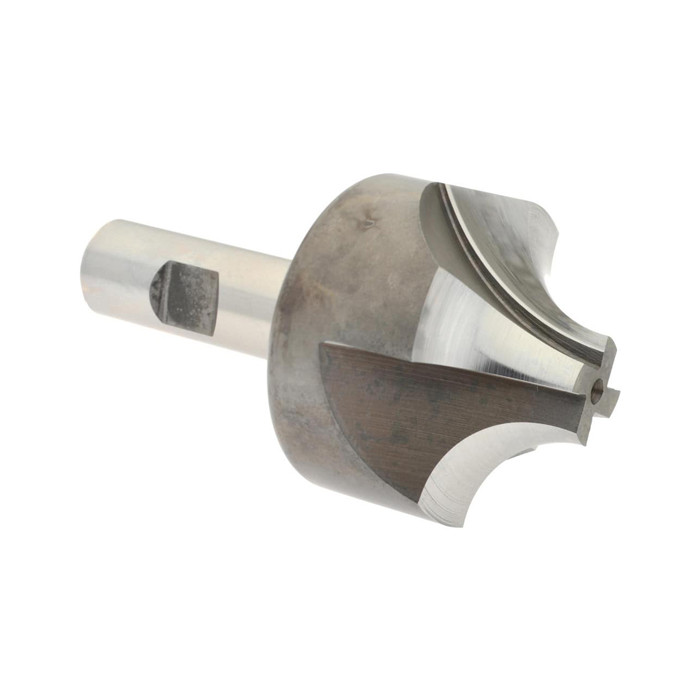 HSS Metric & Inch Corner Rounding End Mill For Industrial
HSS Metric & Inch Corner Rounding End Mill For Industrial -
 5C Square Collet With Inch and Metric Size
5C Square Collet With Inch and Metric Size -
 Precision Dial Indicator Gage For Industrial With Jeweled
Precision Dial Indicator Gage For Industrial With Jeweled -
 30PCS HSS Metric And Inch Size MINI Tap & Die Set
30PCS HSS Metric And Inch Size MINI Tap & Die Set -
 HSS Annular Cutters With Weldon Shank For Metal Cutting
HSS Annular Cutters With Weldon Shank For Metal Cutting -
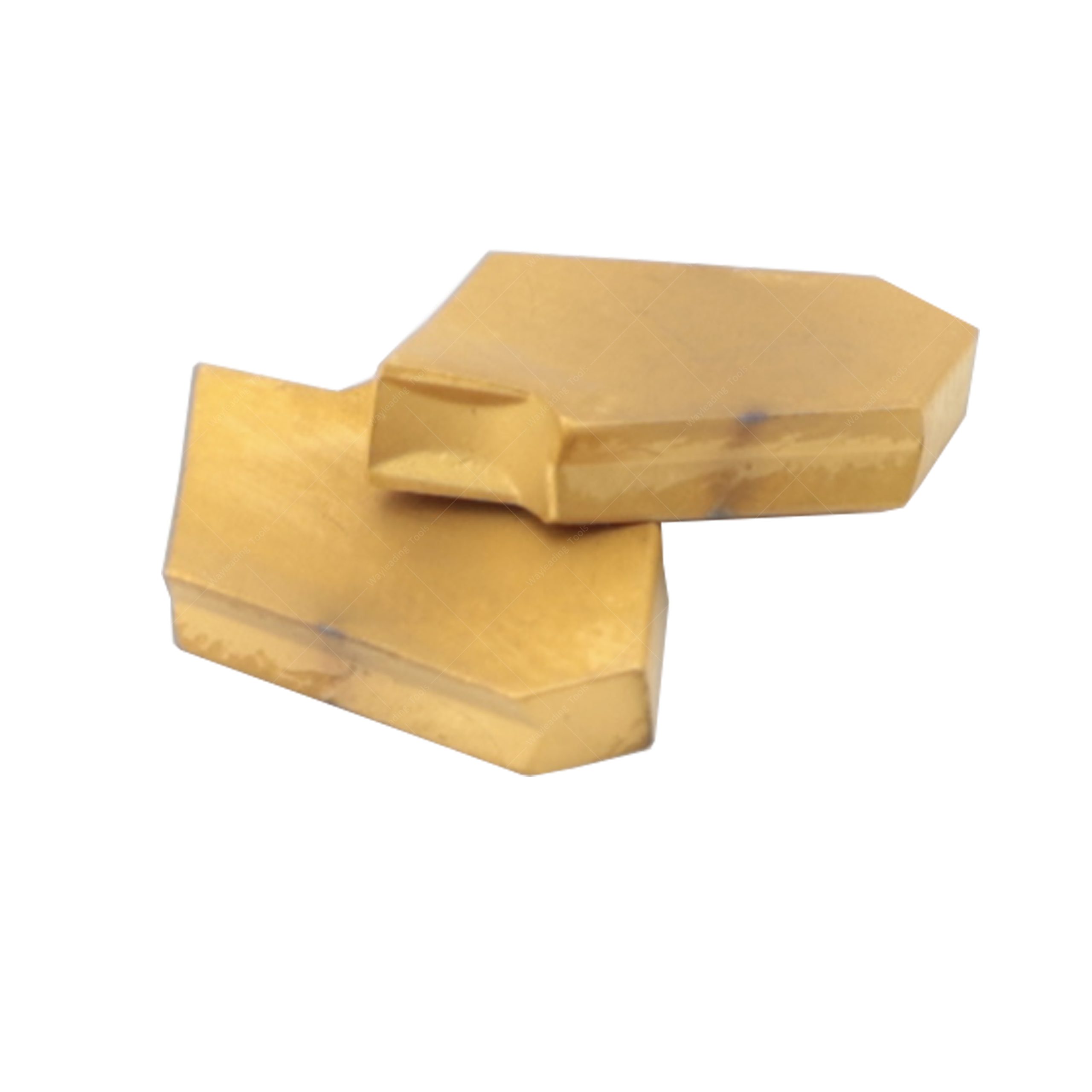 GTN Parting & Grooving Insert For NCIH Blade
GTN Parting & Grooving Insert For NCIH Blade -
 Precision Outside Micrometer Of Inch & Metric With Rachet Stop
Precision Outside Micrometer Of Inch & Metric With Rachet Stop -
 5C Round Collet With Inch and Metric Size
5C Round Collet With Inch and Metric Size -
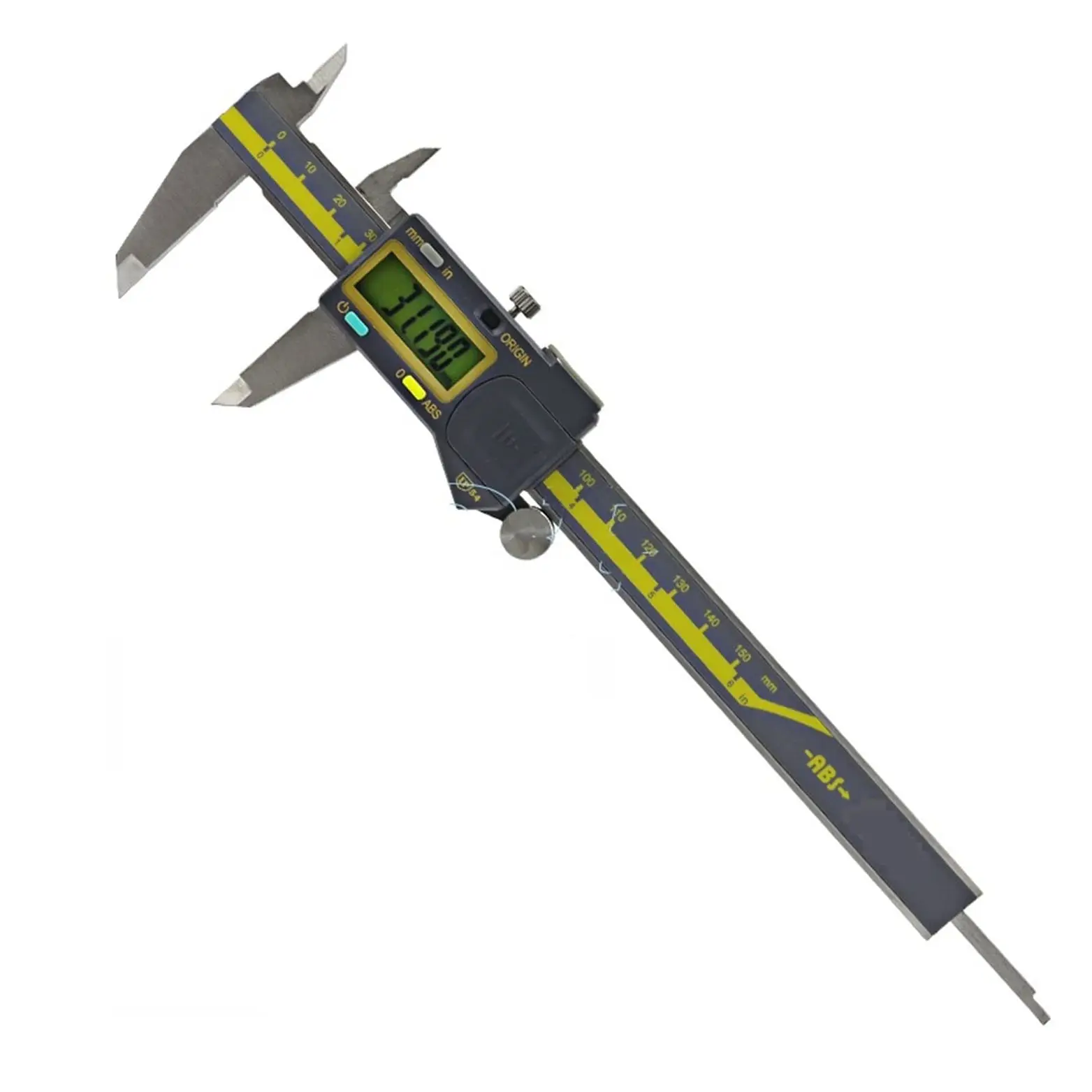 Precision IP54 Digital Caliper With Data Output For Industrial
Precision IP54 Digital Caliper With Data Output For Industrial -
 HSS Metric Taper Shank Twist Drills for High-Precision Metal Cutting
HSS Metric Taper Shank Twist Drills for High-Precision Metal Cutting -
 Precision 2pcs Angle Blocks Set With High Quality Type
Precision 2pcs Angle Blocks Set With High Quality Type
Related search
Related search- thread cutting tool Factory
- Tapping Chuck Manufacturers
- Quick Change Tapping Chuck Suppliers
- 5C square collet Manufacturer
- Carbide Tipped Hole Cutter Suppliers
- MSBN turning tool holder Suppliers
- center drill set Manufacturers
- Wholesale MDHN turning tool holder
- N55 threading insert Factory
- IR insert Manufacturer


